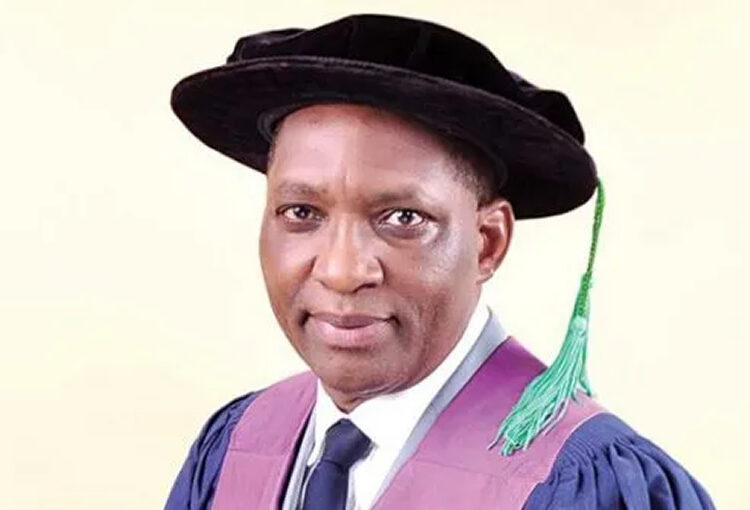The Vice-Chancellor of the University of Medical Sciences (UNIMED) Ondo State, Prof Adesegun Fatusi, has disclosed that the institution is helping Nigeria mitigate the effects of Japa syndrome on the country’s health sector.
Fatusi noted that the University provided platforms to help Nigeria grow in the health system and that the institution was unaffected by the Japa syndrome.
Addressing journalists during a press conference to mark the university’s 10th anniversary, the VC said that UNIMED has continued to produce high-quality medical professionals in increasing numbers for the country.
Noting that the 10th Anniversary is not a jamboree, Fatusi pointed out that the celebration is an innovative method to further develop the University by telling the world about its unprecedented achievement within a short period.
According to the VC, “We are celebrating 10 years of the uninterrupted academic calendar.
We have produced three sets of Doctors, Nurses, and Dentists within this period. No institutions in the country come close to that achievement in their first 10 years of establishment. We are not just producing people; we are keeping them for service.
“We want to help Nigeria discover itself in an area that needs to do better in the health sector. We have opened the door for human development. We have platforms to help Nigeria grow in the Health System.
On Japa syndrome, Prof Fatusi said, “Let’s take it from here. Today, the highest number of students studying medicine or any other programme in Nigeria belongs to the federal universities. They are all run tuition-free. So they are all on scholarship, indirectly. And the question then is, maybe the government should have done a bond to say, if you are going to a public school where you are not paying, then you should be able to serve for this number of years.”
“But one important thing to note is this: I always liken the issue of Japa to somebody trying to put water in a leaking bucket. There are two ways to make the bucket get full quickly.
One is to block the leaking by sealing it. But you can’t see people going there; you can only see the leak.




